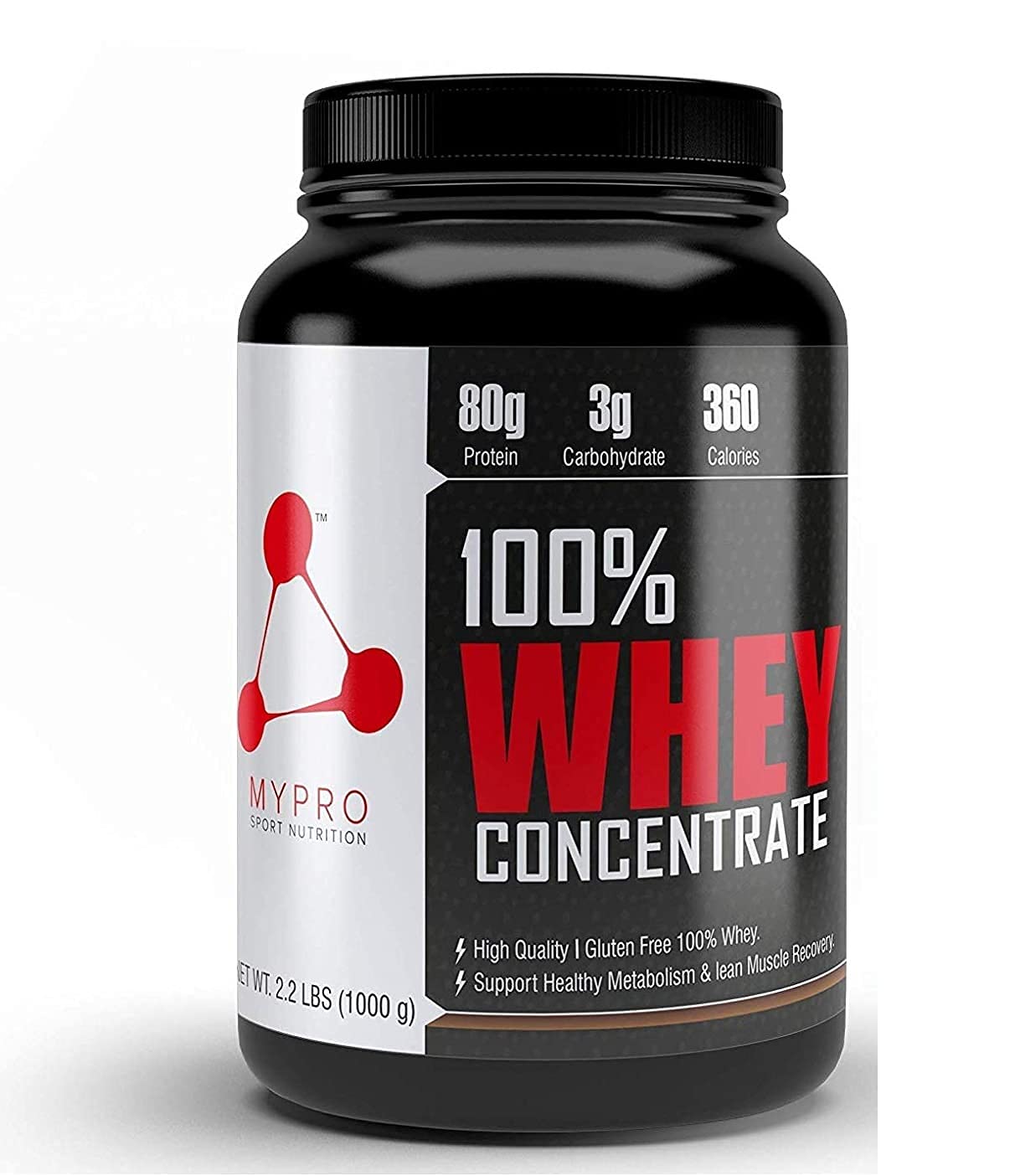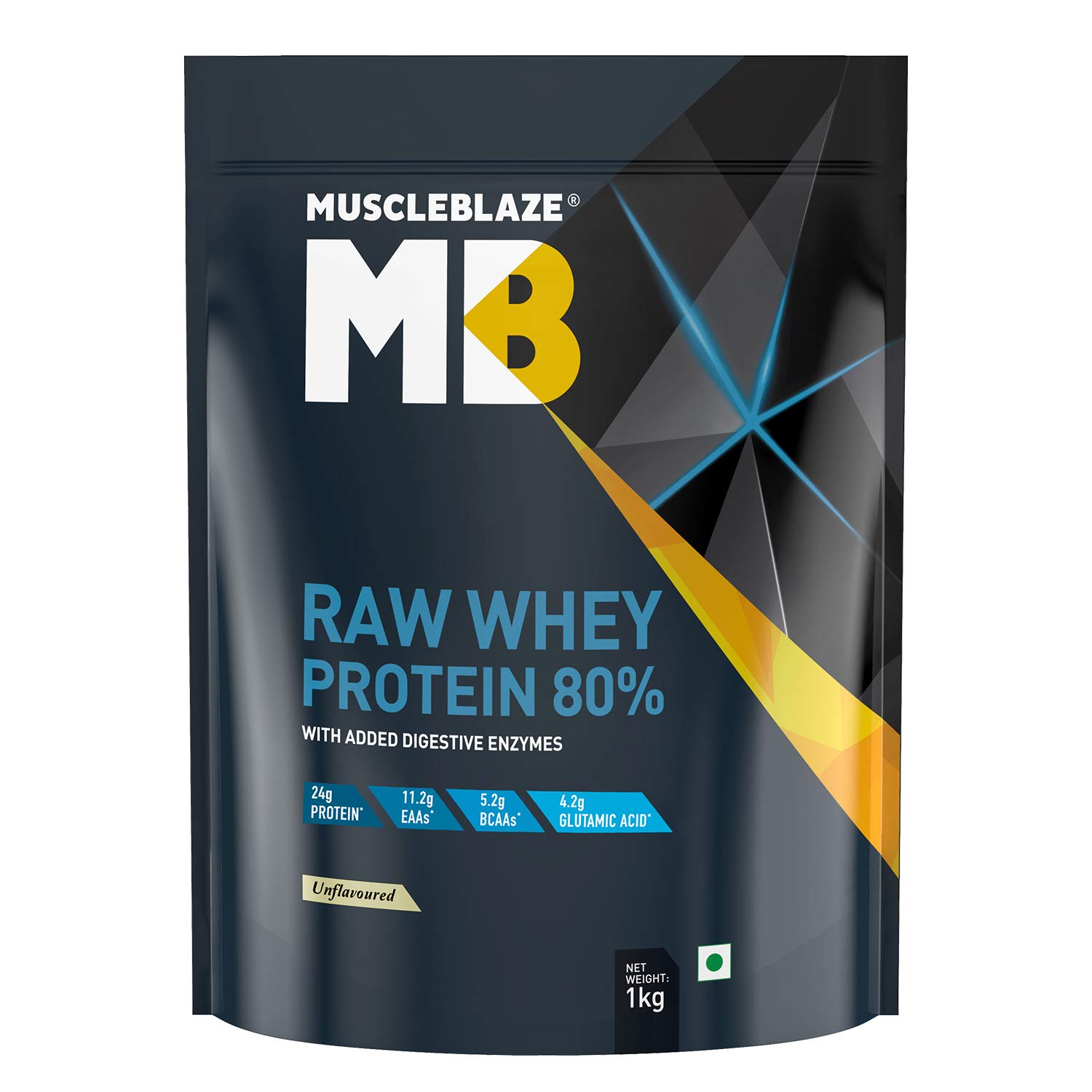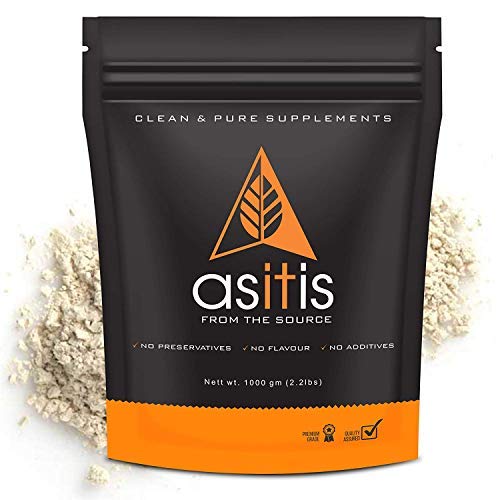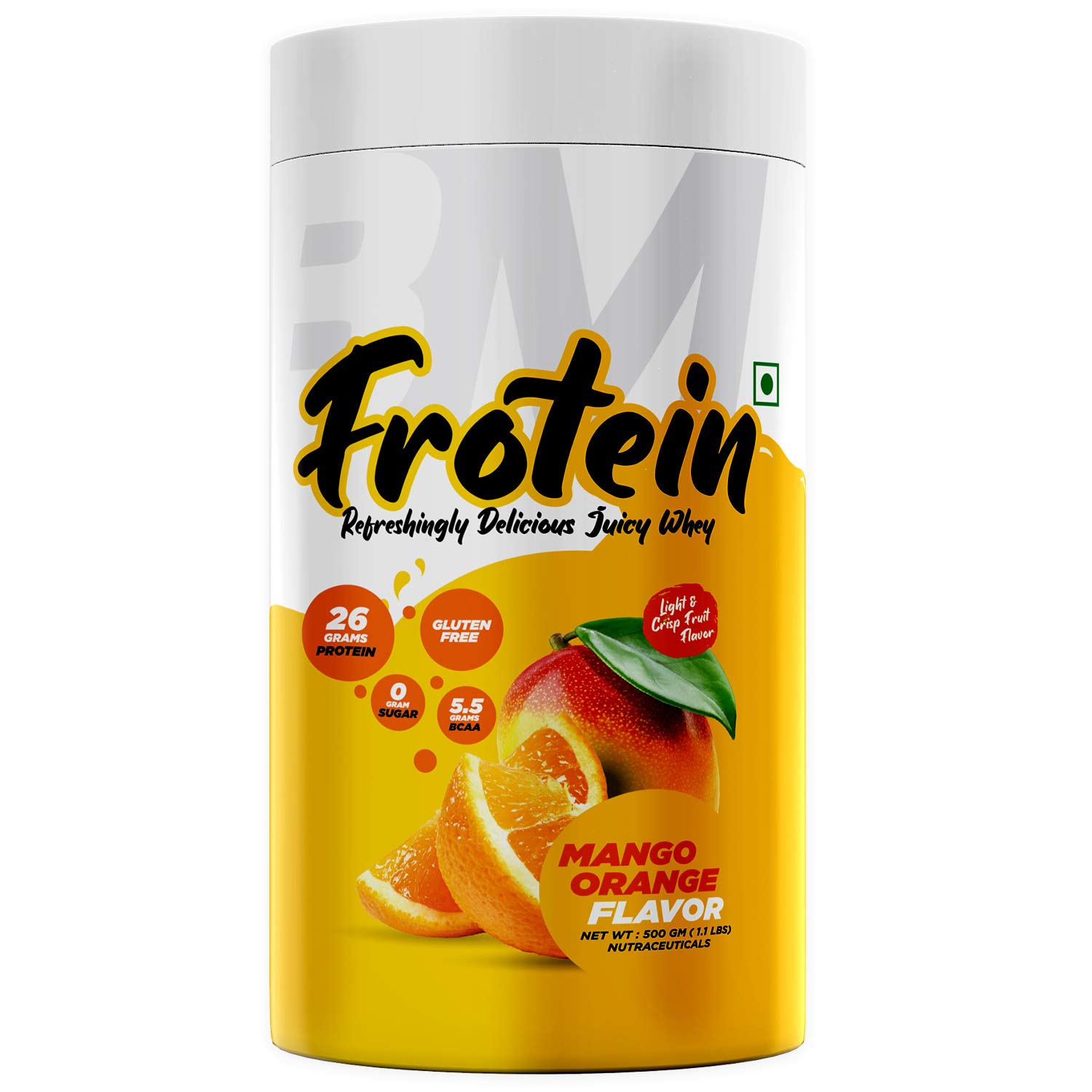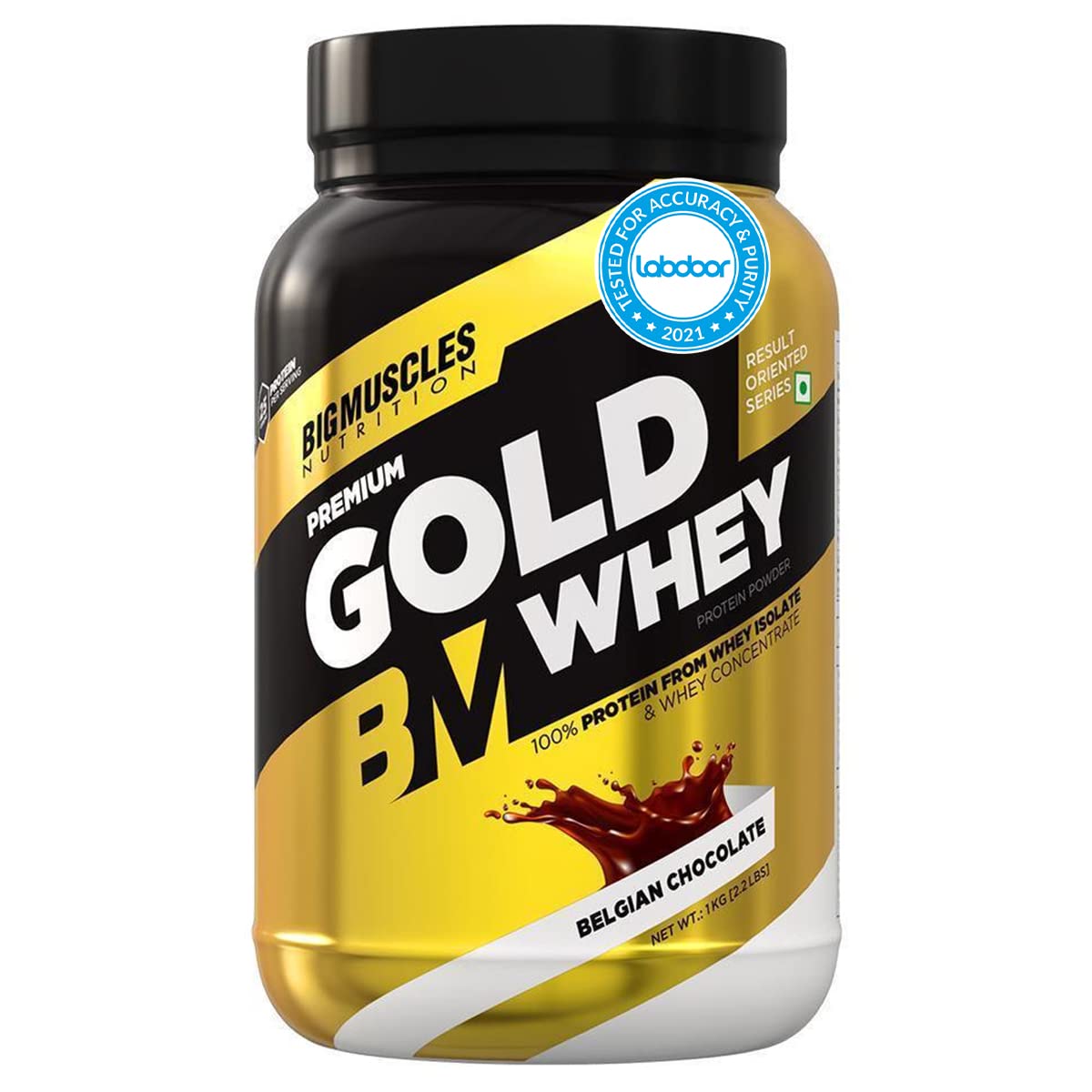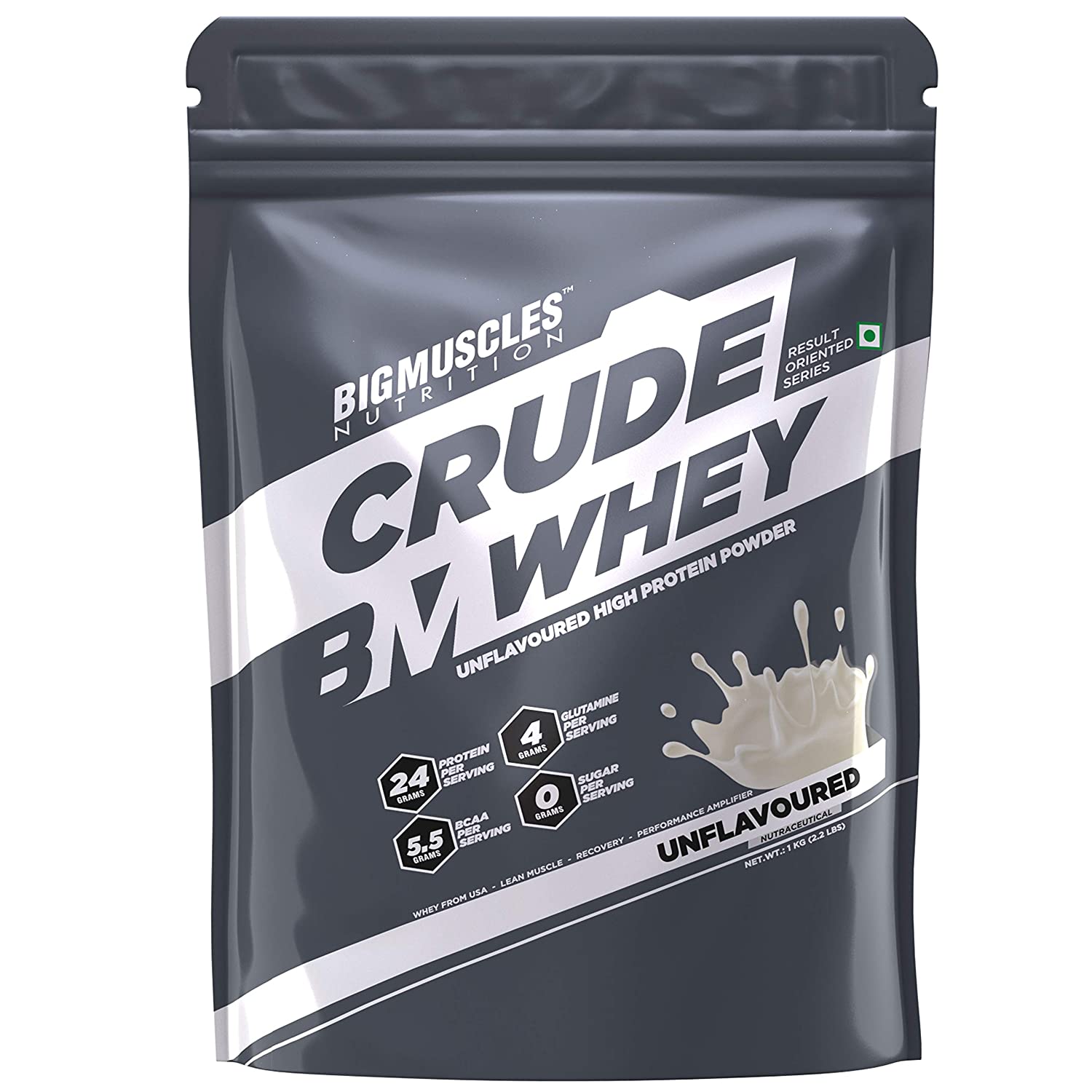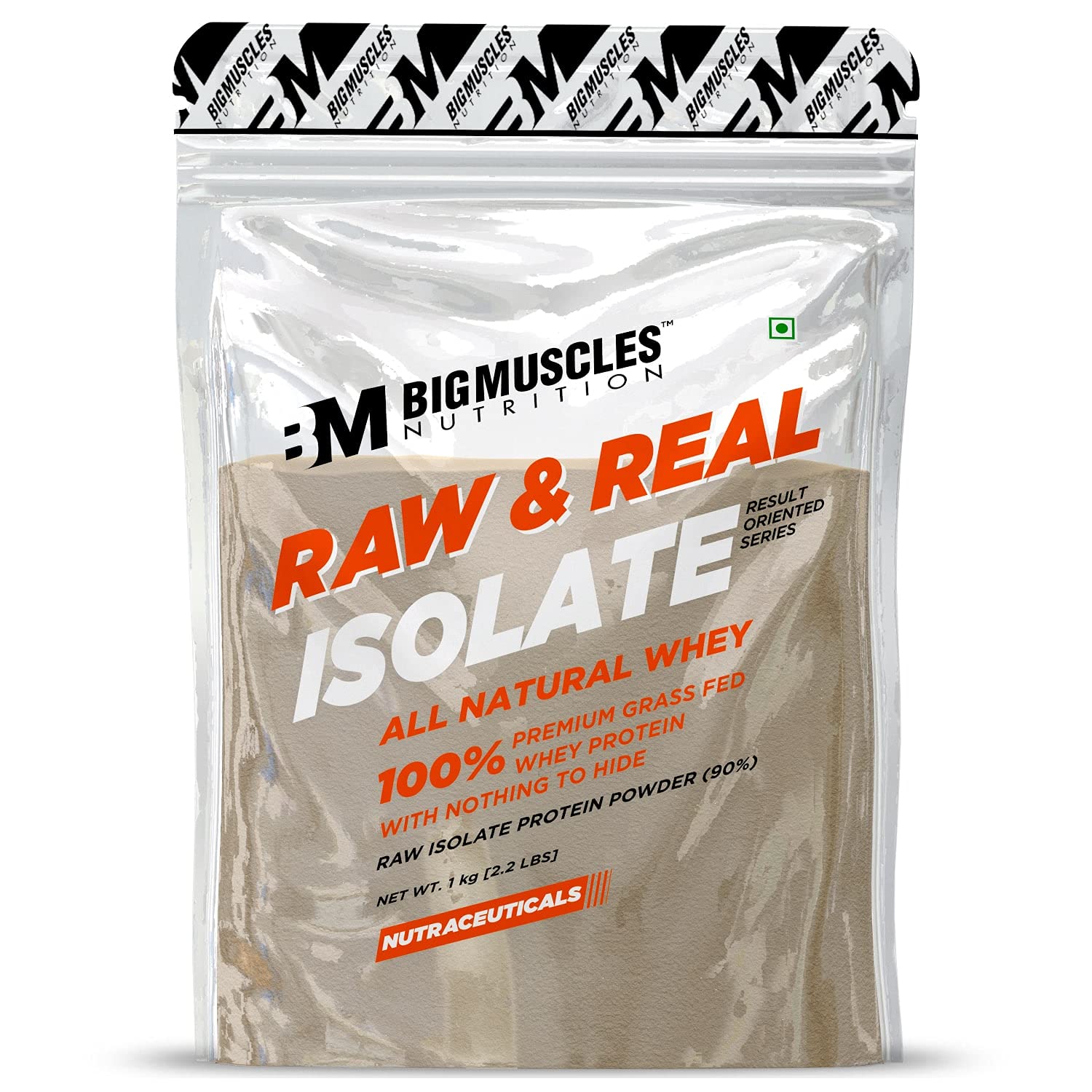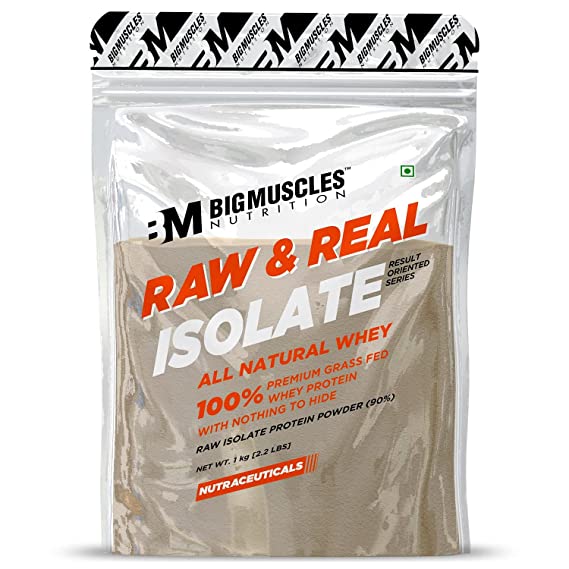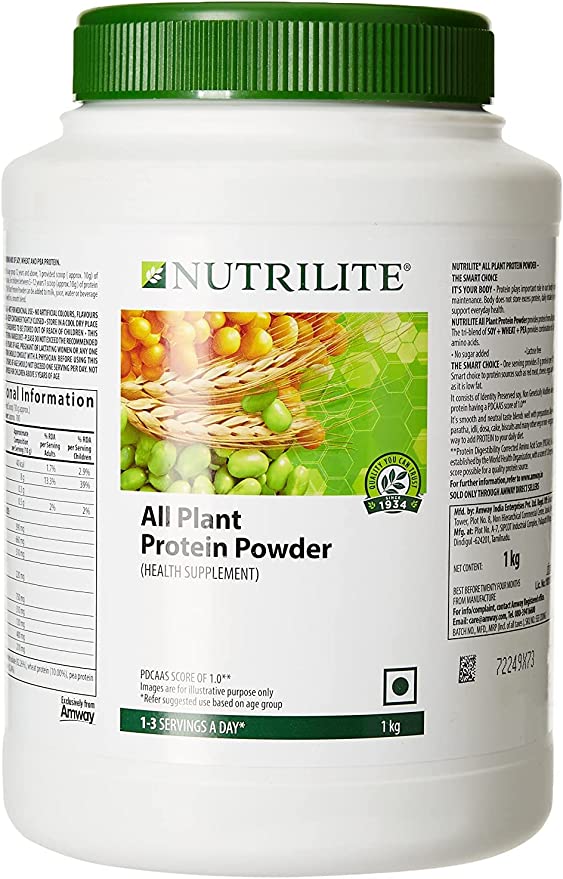Isoleucine
Macronutrient
Last update date: October 11, 2023
Isoleucine is an essential amino acid. It has two different forms; L-isoleucine and D-isoleucine. It helps control blood sugar, boosts energy and endurance, quick healing injured muscles, and develops muscle mass. It is a branched-chain amino acid.
Frequently Asked Questions
1.
What is Isoleucine?
soleucine is an essential amino acid that your body requires for various vital functions. As one of the building blocks of proteins, isoleucine plays a crucial role in muscle growth, tissue repair, and energy production. Additionally, it contributes to the regulation of blood sugar levels, helping maintain stable glucose levels in your body. Since your body cannot produce isoleucine on its own, it must be obtained through your diet or supplements. Older adults are particularly prone to isoleucine deficiency, which can manifest as muscle wasting and tremors. Including isoleucine-rich foods like grass-fed beef, Swiss chard, sesame seeds, or opting for supplements can ensure you meet your body's isoleucine requirements.
2.
What is positive impact of Isoleucine?
Including isoleucine in your diet can have several positive effects on your health: Lowers Glucose: Isoleucine helps regulate blood sugar levels by promoting glucose uptake and utilization in your cells, making it beneficial for individuals with diabetes or insulin resistance. Decreases Muscle Damage and Soreness: Isoleucine aids in muscle repair and reduces exercise-induced muscle damage, leading to faster recovery and reduced muscle soreness after intense workouts. Reduces Fatigue and Boosts Performance: Isoleucine plays a role in energy production and can help combat fatigue during prolonged physical activity. It also supports endurance and athletic performance.
3.
What is negative impact of Isoleucine?
While isoleucine is generally safe when obtained from food sources, supplementation may have some potential side effects: Gastrointestinal Issues: Taking high doses of isoleucine or branched-chain amino acid (BCAA) supplements can cause gastrointestinal discomfort, including nausea, vomiting, diarrhea, and stomach bloating. Coordination and Fatigue: Rarely, excessive intake of branched-chain amino acids can lead to loss of coordination, fatigue, and impaired cognitive function. Kidney Function: High doses of single amino acid supplements may negatively affect nitrogen balance in your body and strain kidney function. Long-term use of high-dose single amino acid supplements is generally discouraged. Pregnancy and Breastfeeding: It is not recommended for pregnant or breastfeeding women to supplement with L-isoleucine. It's important to consult with a healthcare professional before considering any supplementation during this period.
4.
Who should avoid Isoleucine?
Isoleucine is generally safe for most individuals, but there are a few exceptions. Women who are pregnant or breastfeeding should avoid supplementing with L-isoleucine. Additionally, individuals with kidney problems or those on specific medication regimens should consult with a healthcare professional before considering isoleucine supplementation. If you have any underlying health conditions or concerns, it's always best to seek guidance from a medical expert.
5.
What are common sources of Isoleucine?
To ensure an adequate intake of isoleucine, include these common food sources in your diet: Dairy Products: Cottage cheese and other dairy products are excellent sources of isoleucine. Opt for low-fat or cottage cheese varieties to minimize saturated fat intake. Spirulina: This nutrient-dense algae is rich in isoleucine and provides other essential nutrients. Consider adding spirulina powder or tablets to your smoothies or meals. Poultry: Turkey, chicken, and lamb are good sources of isoleucine. Opt for lean cuts and healthier cooking methods like grilling or baking. Grass-fed Beef: This type of beef is a nutritious source of isoleucine. Choose lean cuts and moderate your portion sizes for a balanced diet. Seafood: Tuna, cod, haddock, and other seafood options contain isoleucine. These sources also provide omega-3 fatty acids, promoting heart health. Including a variety of these food sources in your meals can help you meet your daily isoleucine requirements and maintain a well-rounded diet.


